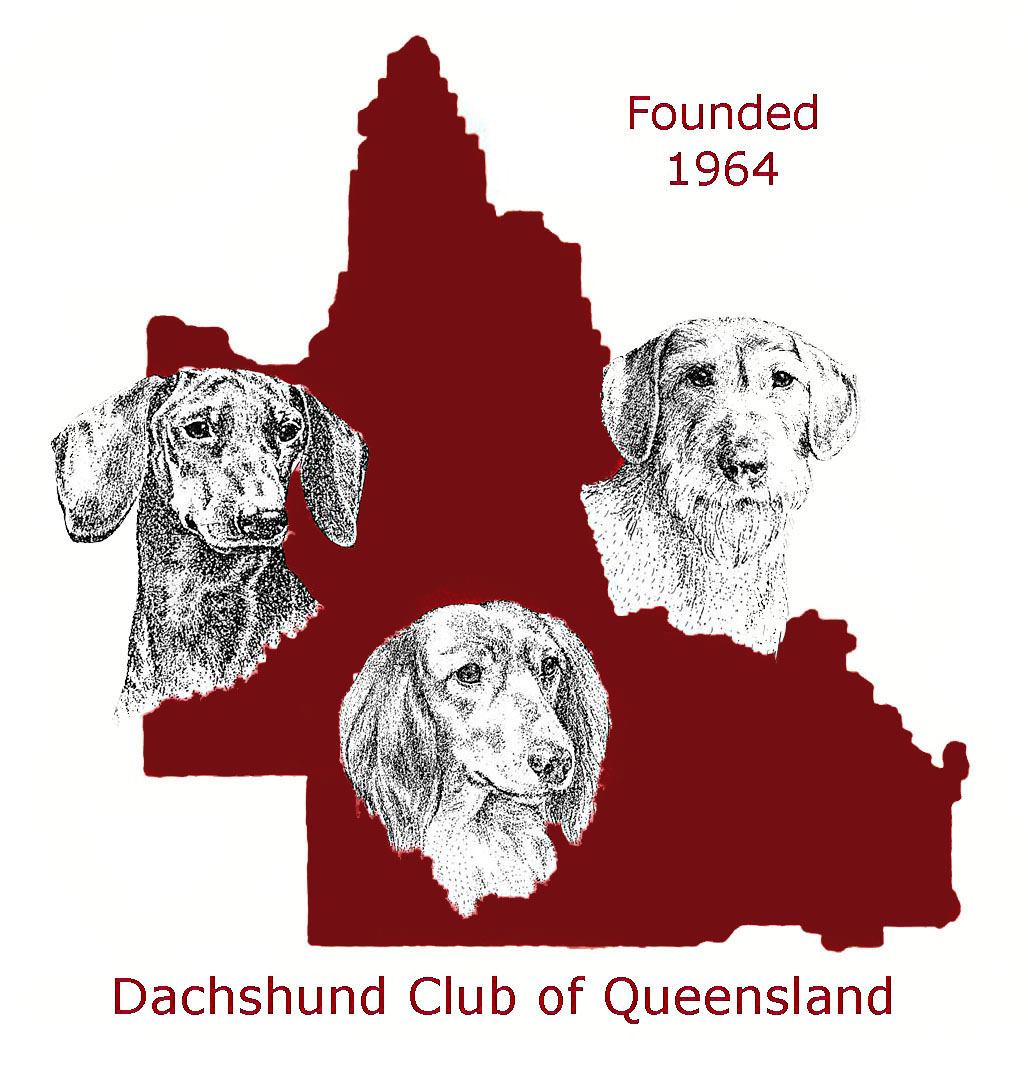Day 1…
Congratulations on your new addition to your family. Your new puppy will find her new home a big change from the warmth and familiarity of her old home and littermates. Allow her time to become familiar with her new home and family. Some puppies need more time than others to adjust. If your puppy has had a long journey she may just want to sleep.
When you bring her home play with her outside for a little while as she will probably need to relieve herself, more than once if she has travelled a long way. A puppy may wet the floor when excited, so give her plenty of opportunity to be clean outside. She will probably be lonely and homesick for the first few nights. A warm hot water bottle (well wrapped) will give her something to snuggle up to. A softly playing radio may help. Talk to her – a friendly voice will reassure her.
Bedding
Place her bed or box where she can feel secure. Ensure that it is away from any draughts, and if possible where she can watch the comings and goings of the household. Remember a puppy needs plenty of sleep, her bed will be a place where she can feel safe and secure. Respect her right to be undisturbed when she goes to bed. You may want to train your puppy to sleep in a crate.
Handling
Teach children to handle her gently and warn against squeezing or dropping her. Explain that she is only a baby and needs to be treated with kindness and patience. Always lift her up by placing one hand under her chest and the other under her hindquarters.
NEVER, EVER, PICK HER UP BY THE SCRUFF OF HER NECK
Feeding
Your puppy will grow rapidly in the first 6 months of life and will continue to fill out and mature until she is 18 months to two years of age. This is a critical time for your puppy and a well-balanced diet will influence her health during her entire life.
– Follow the feeding guidelines given to you by your puppy’s breeder
– Your puppy will enjoy a hard biscuit when she is cutting her adult teeth at 5 to 6 months of age
– She should be allowed to eat her meals undisturbed
– Never give table scraps as they may upset her tummy
Heavy plastic or stainless steel bowls are easy to wash and keep clean. The dishes should be solely for the puppy’s use and should be washed after every meal. She must have access to fresh water at all times. Change the water several times a day and keep the bowl clean.
House Training
If you put the time in when the puppy is very young, then they are quite easy to house-train. You must be prepared to keep letting your new puppy out to relieve herself every 15 minutes or so, while she is awake and playing. As the puppy grows, extend the time interval. The secret is never to let her puddle or mess in the house so that she learns the right habits and does not make mistakes. They can become “confused” and end up playing outside in the garden and relieving themselves indoors and once your dachsie gets into this cycle, bad habits can be extremely hard to break.
As with many hound breeds, they can never be classed as 100% house-trained and the Minis seem to be worse than the Standards. However, with consistency and reward for good behaviour your new pup should be well on the way to being clean in the house by about 4 months of age. Even as adults, make sure to let your dachsie out to relieve herself at regular intervals, to avoid any chance of her making a mistake. Watch out when you take your dachsie visiting friends’ houses. They can be keen to “mark their new territory” – and this applies to both dogs and bitches!!

